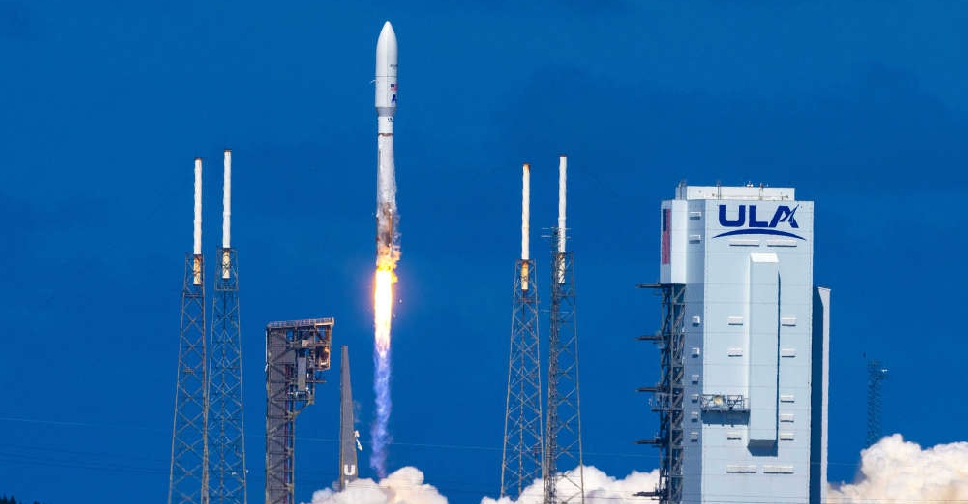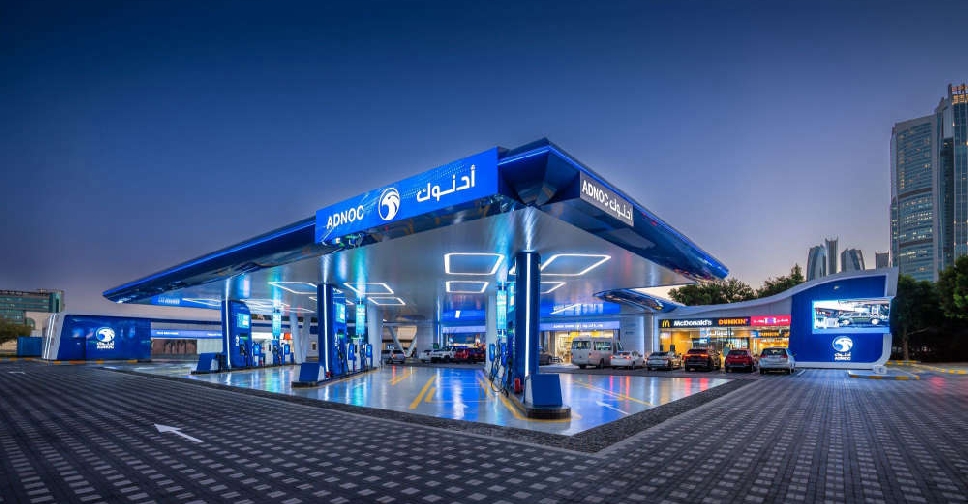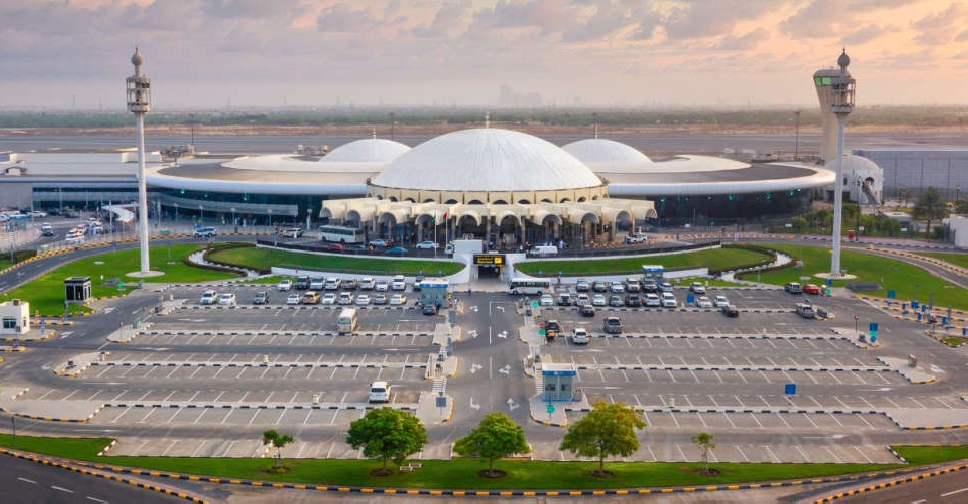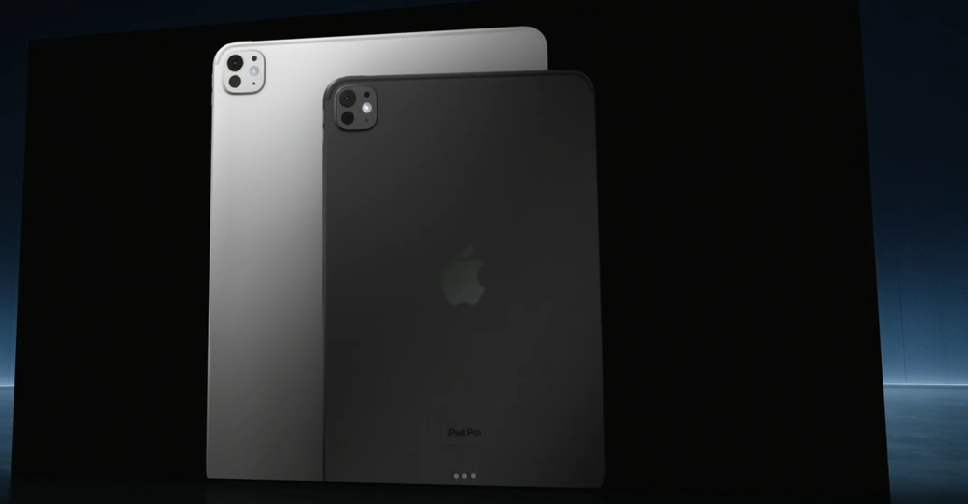
Amazon's first pair of prototype satellites for its planned Kuiper internet network were launched into space on Friday from Florida.
This is the company's first step before it deploys thousands more into orbit to beam internet service globally and compete with SpaceX's Starlink.
A United Launch Alliance Atlas 5 rocket emblazoned with the Amazon logo lifted off from Cape Canaveral shortly after 2 pm Eastern time (10 pm UAE time), carrying the two Kuiper test satellites, a long-awaited mission Amazon initially had intended to launch using different rockets.
The mission aims to test Amazon's first pieces of technology in space as the e-commerce and web services giant looks to deploy 3,236 more satellites in the next few years and offer broadband internet globally, a feat Elon Musk's SpaceX is targeting with its nearly 5,000 Starlink satellites in orbit.
In the days leading up to the launch, Amazon divulged few specifics about the two satellites, which were built at its satellite plant in Redmond, Washington.
The launch live stream hosted by the United Launch Alliance, the Boeing-Lockheed joint venture, ended shortly after the rocket's liftoff without showing the deployment of the satellites. Amazon later said the two satellites were deployed and its mission operations centre had made contact with them.
Amazon has vowed to invest $10 billion into its Kuiper project, announced in 2019, the year SpaceX began deploying its first operational Starlink spacecraft.
The US Federal Communications Commission is requiring Amazon to deploy half its planned satellite constellation by 2026.
The market for broadband internet service from low-Earth orbiting satellites is viewed as being worth up to tens of billions of dollars in the next decade.
With Starlink making SpaceX the world's largest satellite operator, Amazon's other rivals include Canada's Telesat, which has not yet launched satellites, and French satellite firm Eutelsat's OneWeb, which mainly offers its internet service to governments and businesses.
Like SpaceX, Amazon aims to target individual consumers and enterprise customers with Kuiper, pulling from its devices playbook to build consumer terminals at a company cost of $400 (AED 1469) each - though it has not yet announced prices. SpaceX's consumer Starlink terminals are priced at $599 (AED 2200) each.
To deploy the rest of the Kuiper network, Amazon last year announced a bulk launch deal for 83 launches - the largest commercial rocket procurement ever - from various rocket companies, including Jeff Bezos' Blue Origin, ULA and Europe's Arianespace.
Amazon and Bezos, its founder, are facing a shareholder lawsuit over that launch deal that accuses the company of failing to do proper due diligence and failing to consider potentially cheaper rockets from its rival SpaceX. SpaceX's reusable Falcon 9 rocket has been central to Starlink's swift deployment.



 ADNOC reports 18% Q1 growth
ADNOC reports 18% Q1 growth
 Dubai Duty Free boss to retire after 41 years
Dubai Duty Free boss to retire after 41 years
 Sharjah airport welcomes over 4 million passengers
Sharjah airport welcomes over 4 million passengers
 DXB on track to surpass 90 million passengers in 2024
DXB on track to surpass 90 million passengers in 2024
 Apple unveils AI-focused chip in upgraded iPad Pro
Apple unveils AI-focused chip in upgraded iPad Pro



